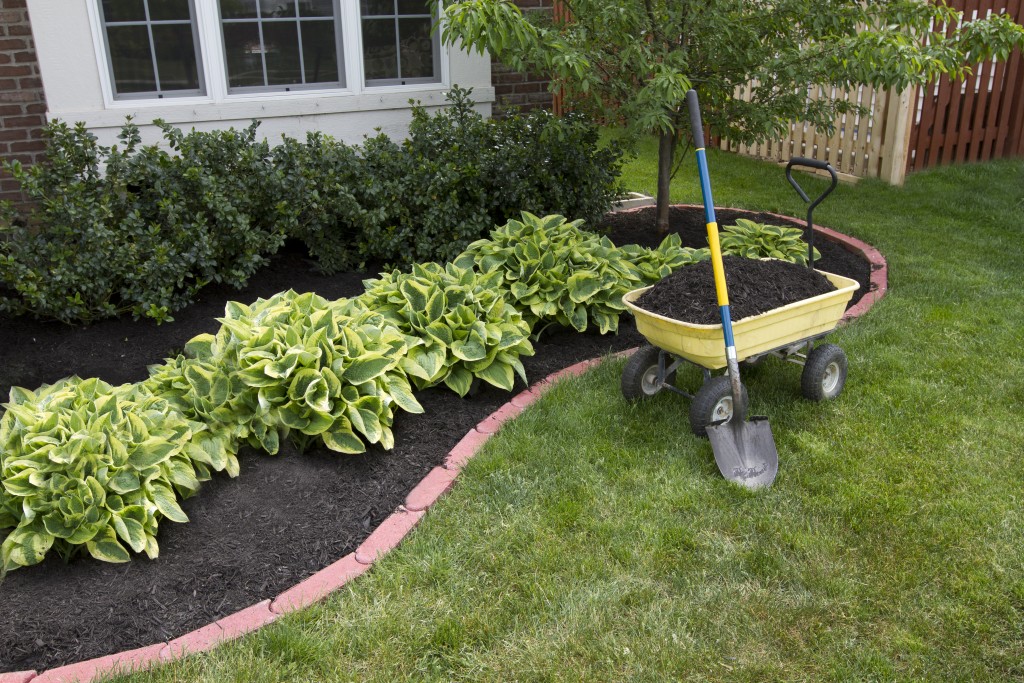Homeowners work hard to keep their lawns and gardens healthy and pristine and, thanks to them, many neighborhoods look picture-perfect all year round. But one problem that refuses to go away is weeds. Despite our best efforts, weeds return to ruin our perfectly manicured gardens. And I’m sure they’ve tried everything: weed pulling, mowing, herbicides. Nothing works.
And that’s where lawn care professionals enter the picture. I’m sure you’ve thought, “Should I invest in a lawn service franchise?” After all, as long as people keep gardens, there will always be demand for a good gardener. With your expertise, you can help remove unsightly weeds from gardens with minimal impact on the environment.
That said, weed removal can be quite tricky. Here are a few weed removal tips to get you started:
1. Wait for the growing season
The best time to spray is when the weeds are actively growing, usually between September to February. The heat and moisture mean that weed growth conditions are at their best, and the leaf surface can absorb more herbicide. I generally do not advise using weedkillers during dry conditions. If you want to see the best results, spray herbicide on your lawn while the soil is moist.
2. Check the weather
Always check the weather forecast a day or two before weed spraying. Weather factors can affect the effectiveness of the spray, so it’s best to wait for the right weather conditions. The best time to spray is on a hot (but not dry) day with a low chance of rain.
Make sure that it’s not too windy either. Weed spraying during still weather ensures that the herbicide spray doesn’t accidentally drift to your garden plants. Meanwhile, herbicides need time to work their magic, and rain might wash all the active ingredients away.
3. Spray often
While some types of weeds die after one or two applications, additional sprayings might be required to successfully kill hardier weeds. Some species of weeds have stronger root systems that protect against chemical absorption.
4. Check the species

Indiscriminate spraying is wasteful and harmful to the environment. To maximize weed spraying effectiveness, you need to modify your spray based on the characteristics of the specific weed you’re targeting. For instance, you might want to use fine spray nozzles when targeting grassy weeds because big droplets will just fall off the blade. Meanwhile, use coarse sprays weeds with large surfaces.
5. Avoid concentrated solutions
Despite what some lawn care professionals say, weed sprayings are not more effective if you use a solution with a stronger concentration. It’s safer and healthier for everyone to spray multiple times, rather than use a single dose of a heavily concentrated solution that harms other living creatures.
Herbicides by themselves don’t cause damage, but too much can be harmful to people and animals. You should always be mindful of the lawn care chemicals you handle. You might even want to consider switching to brands that are eco-friendly and less potent. Limiting lasting damage to our fragile ecosystem is a great way to build goodwill in the community.

